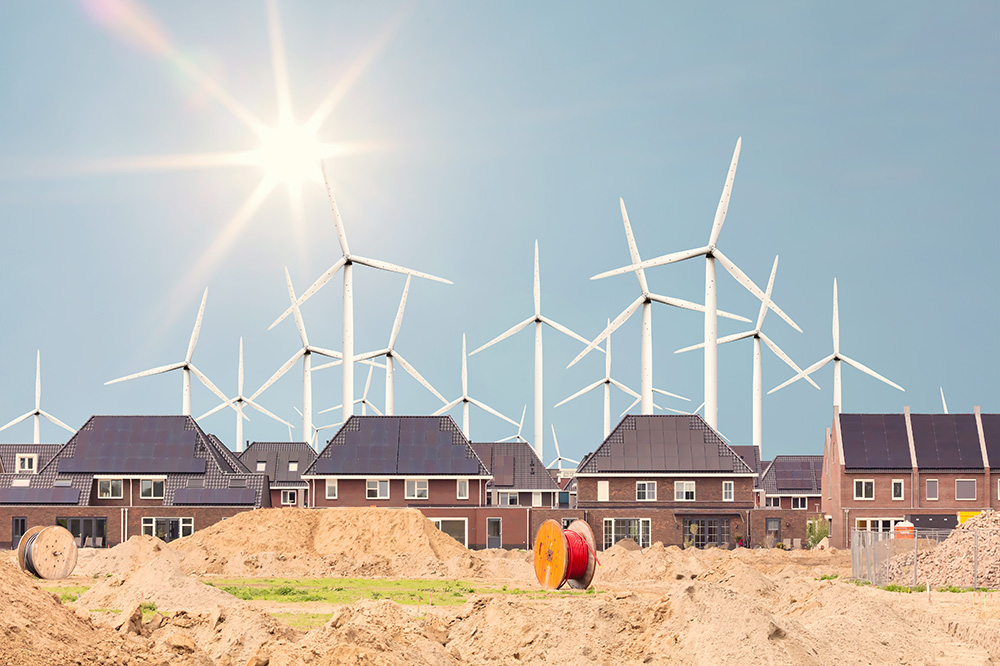Baseline assessment on due diligence gives IRBC Renewable Energy Agreement parties focus in cooperation
How do companies that participate in the IRBC Agreement for the Renewable Energy Sector establish and strengthen their due diligence practices for the benefit of people and planet? By learning about their strengths and weaknesses, and by turning this into actions all parties can benefit from.
 © AdobeStock
© AdobeStock
For the first year of the Agreement, the independent secretariat of the Agreement conducted a baseline due diligence assessment. How we set up this assessment and which results it produced can be read in more detail in this factsheet.
Commitment to carry out Due Diligence
Participating wind and solar energy companies have committed to to carry out risk-based due diligence as prescribed by the OECD Due Diligence Guidance for Responsible Business Conduct. To this end, the parties developed a Renewable Energy Sector Due Diligence Assessment Framework together.
Different challenges for wind and solar energy companies
The assessment is based on this framework and showed that the solar and wind energy sector face different challenges. The considerable differences make it difficult to compare the two sectors, and parties need to have a different approach towards wind and solar sector companies when providing due diligence support. As each company now has gained insights on the gaps as well as their current strengths, they were able to develop action plans for the second year of the Agreement. This gives them focus on where they might give or ask for more targeted knowledge from their peers within the Agreement.
In this way being a part of the Agreement gives companies in the renewable energy sector significant support to learn from each other and move forward together towards a shared standard of responsible business conduct.
